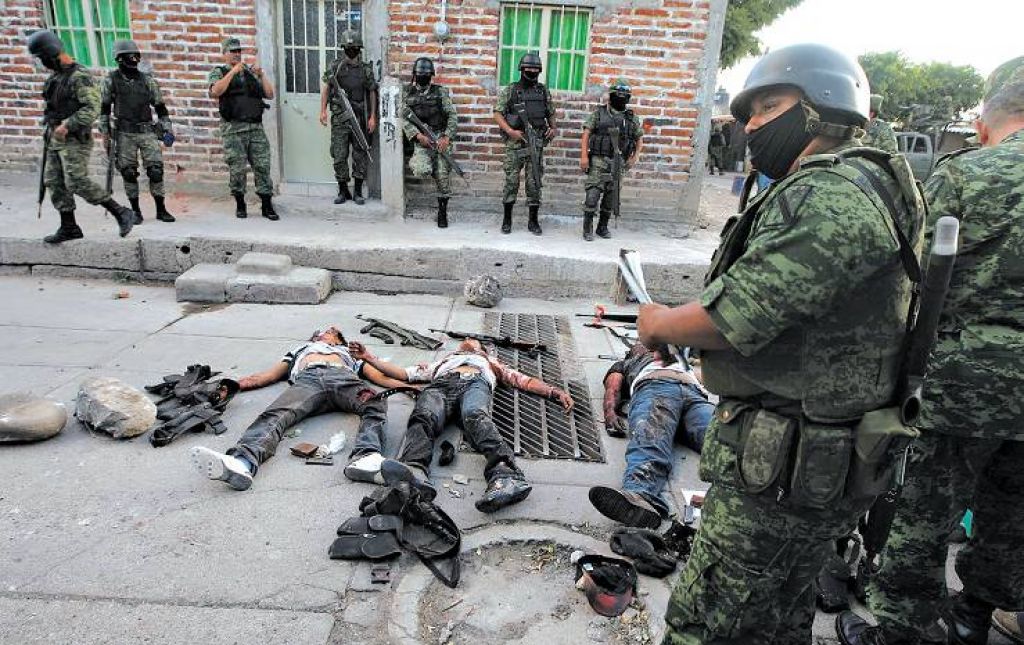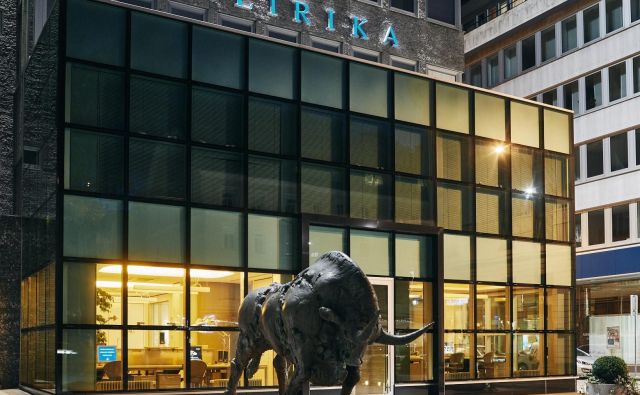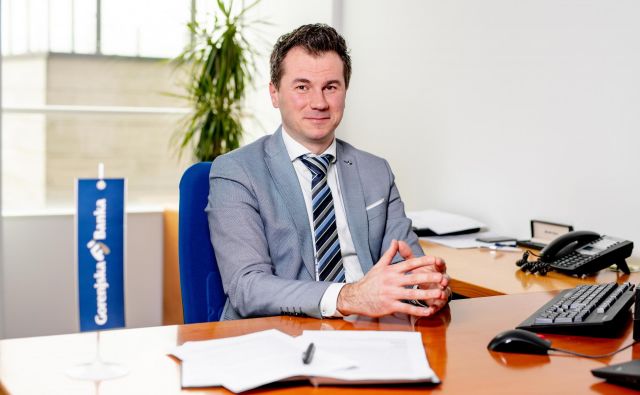MEXICO CITY - At the twilight of his presidency, President Felipe Calderón of Mexico is striving to lock in the militarized approach to drug cartels that has defined his tenure, pushing aside public doubts and pressing lawmakers to adopt his strategies. He has recently stepped up calls for Mexico's Congress to approve stalled initiatives to remake state and local police forces, codify the military's role in fighting crime and broaden its powers, toughen the federal penal code and tighten laws to stop money laundering.
With violence swelling and presumptive candidates jockeying for position ahead of Mexico's presidential election in July, Mr. Calderón has limited time to make the case that his strategy has worked.
He insists that the country will eventually become more secure, although about 40,000 people have been killed since he declared his war against organized crime shortly after taking office in 2006. And he could not say that his approach had made Mexico safer.
"What I can say is Mexico will be safer," he said, "and to have not acted, it would have deteriorated much more."
But as his party, the right-of-center National Action Party, faces the prospect of losing the presidency, it raises the question of whether Mr. Calderón's approach will continue after his six-year term ends. Term limits prevent him from running again.
The killings in Mexico have reached such a point, analysts say, that no matter who wins the election, there will be pressure for a new course to somehow ease the violence without giving in to the cartels.
The new president will also face demands from the United States, which has invested heavily in personnel, equipment and expertise and whose political leaders worry about the growing reach of transnational gangs. "There seems to be a growing consensus that there needs to be a more refined strategy, a more targeted strategy, a more nuanced strategy," said Eric Olson, an senior associate at the Woodrow Wilson International Center for Scholars.
Even admirers in the United States Congress have begun to question whether Mr. Calderón's strategy − supported by the $1.4 billion in anticrime aid the United States is providing − is making progress.
"I admire him for taking them head on, which is a very dangerous thing to do," said Michael McCaul, a Texas Republican on the House Committee on Homeland Security. "He is the first president to confront the problem and do something about it. But has it been 100 percent successful? Not at all. It seems to keep getting worse."
The Obama administration, too, while consistently praising Mr. Calderón for taking on the cartels, has remained concerned about the violence, the spread of Mexican drug gangs into Central America, and the slow pace of strengthening law enforcement and judicial institutions.
No doubt, especially outside Mexico, Mr. Calderón has won praise for taking on the fight, and for steering the Mexican economy through the global financial crisis.
"Mexico has some of the best economic management in the world," said Susan Segal, president of the Americas Society In New York, "and this is the first time Mexico has taken on a lot of really bad people."
But Mr. Calderón's approval among voters has fallen to a point lower than the ratings for any recent Mexican president at this point in the six-year term.
"He has not been able, maybe because it has been very difficult to impossible, to explain to Mexicans why the security fight is worth fighting," said Luis de la Calle, Mexico's under secretary for internat ional trade from 1999 to 2002.
Mr. Calderón emphasized what he considered his triumphs, including creating jobs, expanding health care, arresting or killing more than two dozen cartel leaders, and pushing efforts to build trustworthy police and judicial institutions, as well as social programs to fight the root causes of crime.
Still, Mr. Calderón said he would have shored up state and local police forces that are hobbled by incompetence and corruption. "We would have done it in a more aggressive, much more determined way from the start," he said.
But Mr. Calderón made no apologies. "I don't heed what they say in the polls," he said. "Mexico must be cleaned up, and it is up to me to do it ."
 Tiskane izdaje
Tiskane izdaje























